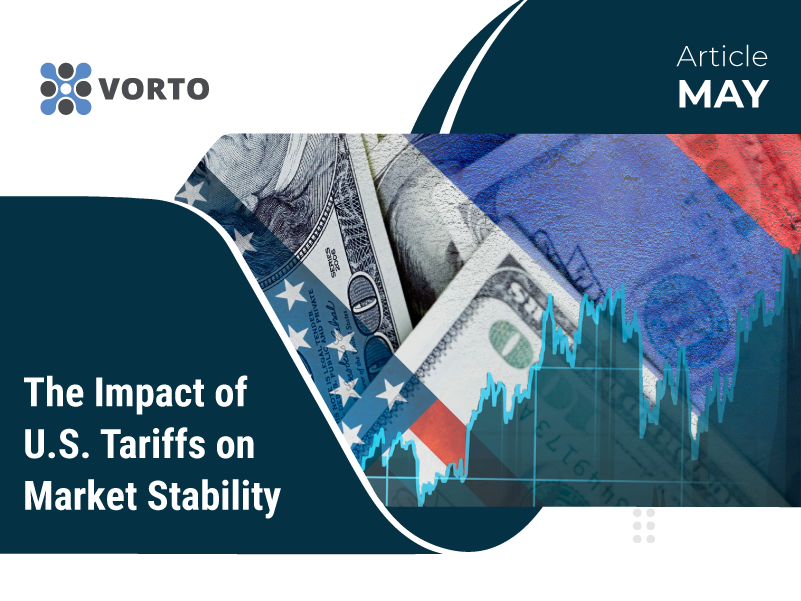The Impact of US Tariffs on Market Stability
In recent years, US trade policy, particularly the use of tariffs, has played an increasingly prominent role in shaping global market dynamics. Tariffs, while intended to protect domestic industries, often have far-reaching consequences beyond national borders. As the United States revisits and reintroduces tariffs on imports from countries such as China and the EU, questions about market stability are once again coming to the fore.
Tariffs and Market Reaction
The announcement of new tariffs typically sparks immediate reactions in financial markets. Equity markets may experience heightened volatility as investors reassess risk, while currency pairs involving the US dollar, such as USD/CNH and EUR/USD, often fluctuate in response to trade-related developments. Commodities, especially those linked to global supply chains like oil and agricultural goods, can also see price shifts as tariffs disrupt production and distribution networks.
Business Confidence and Investment
One of the most significant long-term impacts of tariffs is their effect on business sentiment. When trade tensions rise, companies may delay or reduce investments due to uncertainty over costs, regulations, and access to international markets. This can hinder productivity and slow economic growth, particularly in industries reliant on imported raw materials or international supply chains.
Global Ripple Effects
US tariffs rarely operate in isolation. They often provoke retaliatory measures from trading partners, escalating into broader trade disputes. These tit-for-tat policies can weigh heavily on global trade volumes, hinder economic cooperation, and reduce the overall efficiency of international markets. Emerging economies that depend on exports to the US are especially vulnerable, facing both demand shocks and increased currency volatility.
Implications for Traders and Investors
For market participants, tariff-related uncertainty highlights the importance of risk management and geopolitical awareness. Currency traders, in particular, need to monitor central bank responses and capital flows influenced by shifting trade balances. Equity investors may prefer domestically focused sectors or those seen as more insulated from global trade disruptions.
Fixed income markets, meanwhile, often reflect a flight to safety during periods of heightened trade tension, with yields on US Treasury bonds tending to fall as investors seek refuge from volatility.
Looking Ahead
While tariffs can offer short-term protection for certain industries, their broader economic effects are complex and often negative. Market stability depends on predictability, open trade, and coordinated economic policy. As the global economy becomes more interconnected, policies that disrupt this balance, such as sweeping tariffs, can have disproportionate consequences.
Looking forward, businesses, investors, and policymakers alike must weigh the costs and benefits of protectionism and remain adaptable in a landscape where trade policy continues to play a pivotal role in financial markets.
